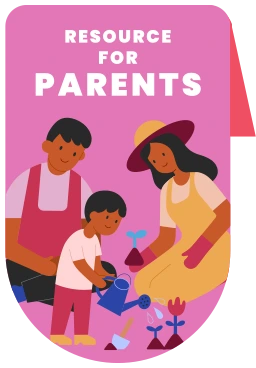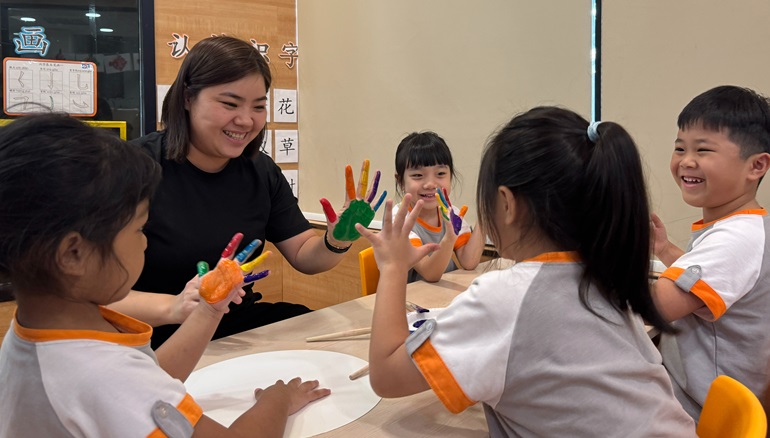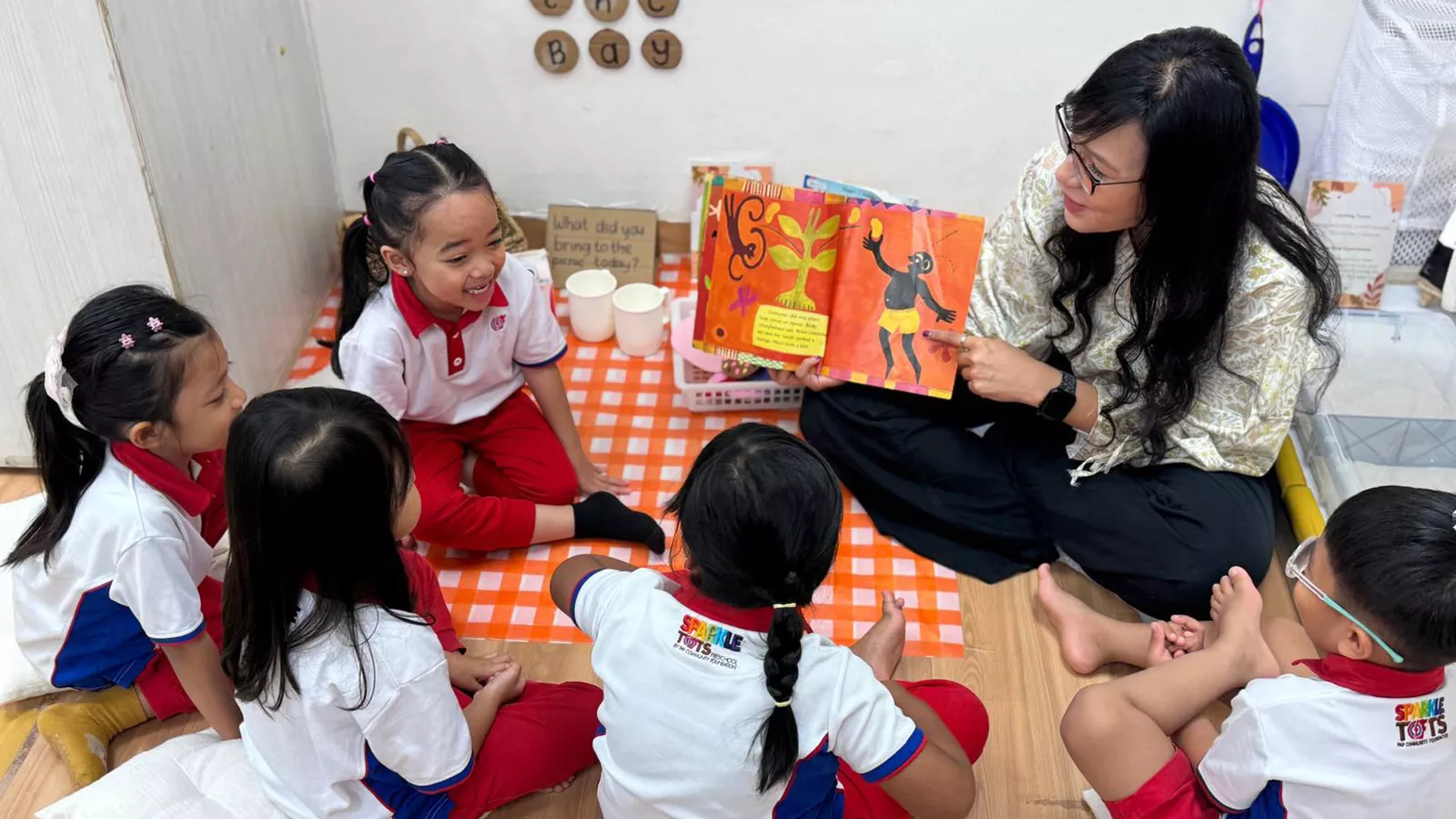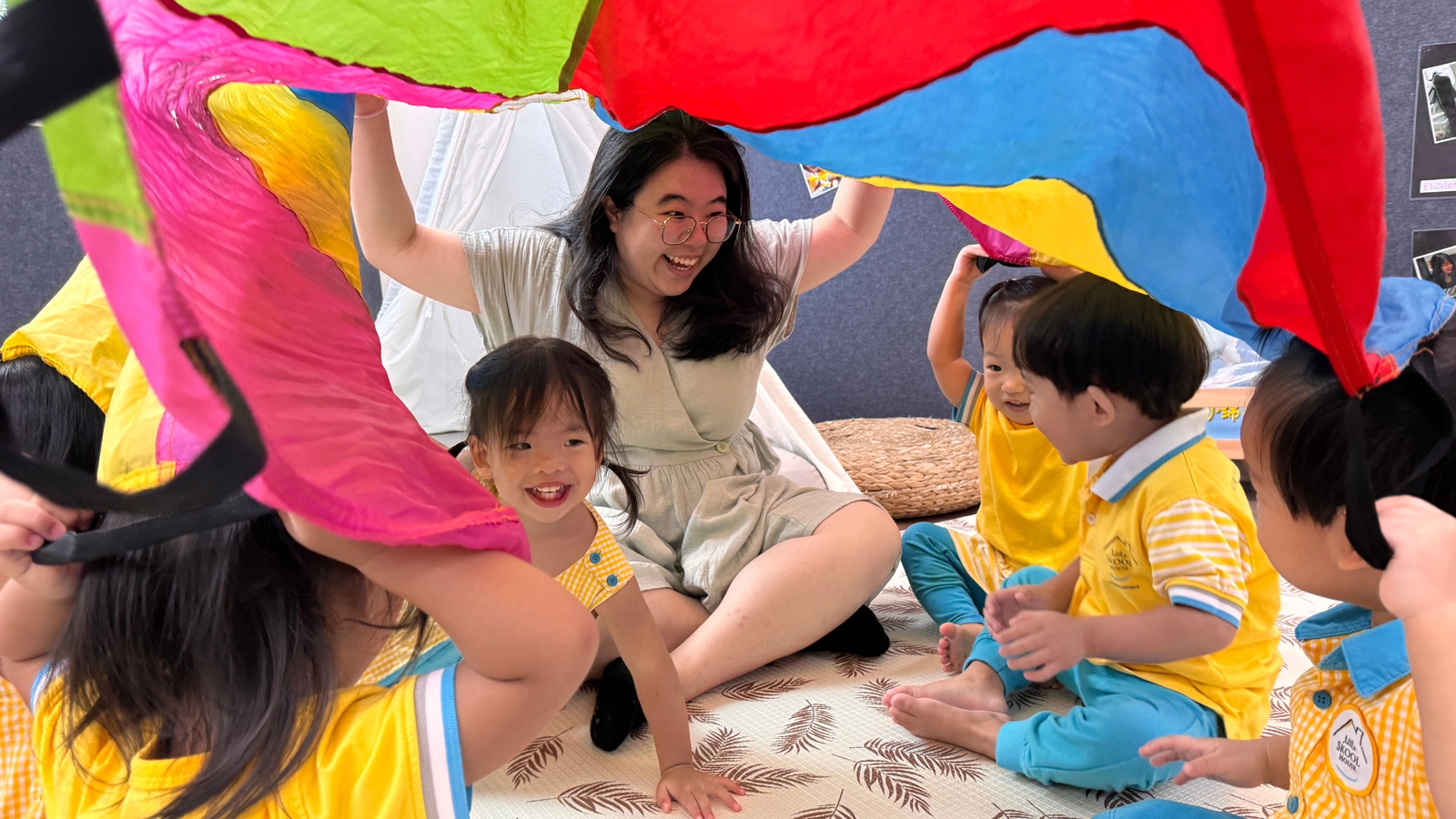By Ms Jocelyn Choo
It was a university module during my psychology degree that sparked my interest in supporting children with developmental needs. The experience made me realise that, due to brain plasticity in the early years, I could work with children with additional needs to help them overcome learning challenges.
That was more than a decade ago. Since then, I became an early interventionist at AWWA and joined the Development Support and Learning Support (DS-LS) Programme designed for preschoolers with mild developmental needs.
In November 2024, I was awarded ECDA’s Outstanding Early Intervention Professional. Having my family there to celebrate made the day even more meaningful. I couldn’t have done it without them!
MAKING EVERY SESSION COUNT
As Lead Educational Therapist with AWWA’s DS-LS team, I conduct one-on-one intervention sessions with children in mainstream preschools who need additional help mainly with literacy skills. They may have mild dyslexia or other conditions that affect their abilities to recognise, sound and write letters of the alphabet.
The sessions are held in their preschools, where I use targeted strategies tailored to each child’s needs, such as creating visual aids to enhance concept retention. If a child has attention and self-control difficulties, I teach them ways to harness fidgeting into controlled movements that can improve focus, such as folding their arms and saying “self-control” out loud.
 Ms Choo brings learning to life with visual aids and hands-on activities.
Ms Choo brings learning to life with visual aids and hands-on activities.
The most rewarding part of my role is witnessing children’s growing confidence as they apply their newly acquired skills and integrate better with their classroom peers. I am thrilled when parents see how their children persevere and achieve milestones, be it blending sounds, reading simple books or copying full sentences.
AWWA recently launched a Community of Inclusive Practice to provide peer support and sharing sessions for preschool educators and principals. Moving forward, I hope to contribute more to such networking and capability-building efforts. Inclusion is for everyone, not just those with additional needs. At the end of the day, all of us yearn to feel accepted.
HEART WORK AT HOME
My husband and I have three children aged 8, 6 and 3. I treasure our family time together. Mealtimes are when we catch up, share stories about our day, and crack jokes to unwind. We also have a daily bedtime routine with our children where we wash up, read together, and share one thing we are grateful for.
 Going out for meals together is one way Ms Choo enjoys downtime with her family.
Going out for meals together is one way Ms Choo enjoys downtime with her family.
Balancing full-time work and parenthood is tricky, but my husband and mother-in-law are great pillars of support. We split household duties and take turns doing school drop-offs and pick-ups. Our children also contribute by putting away toys, folding clothes and packing their own schoolbags. Teaching them to perform simple chores is another way for us to bond, in addition to imparting responsibility and life skills.
Our youngest needs more encouragement to complete tasks, so we use our imagination to make things fun. He pretends to be a delivery man when putting away toys, or a car in a carwash during shower time. This is similar to my job, where I try to keep children engaged during intervention sessions.








